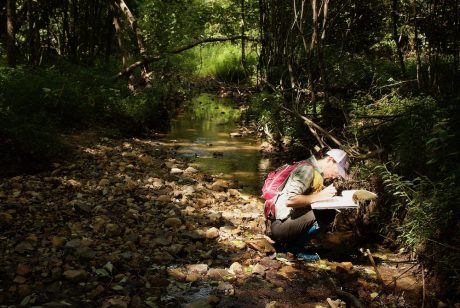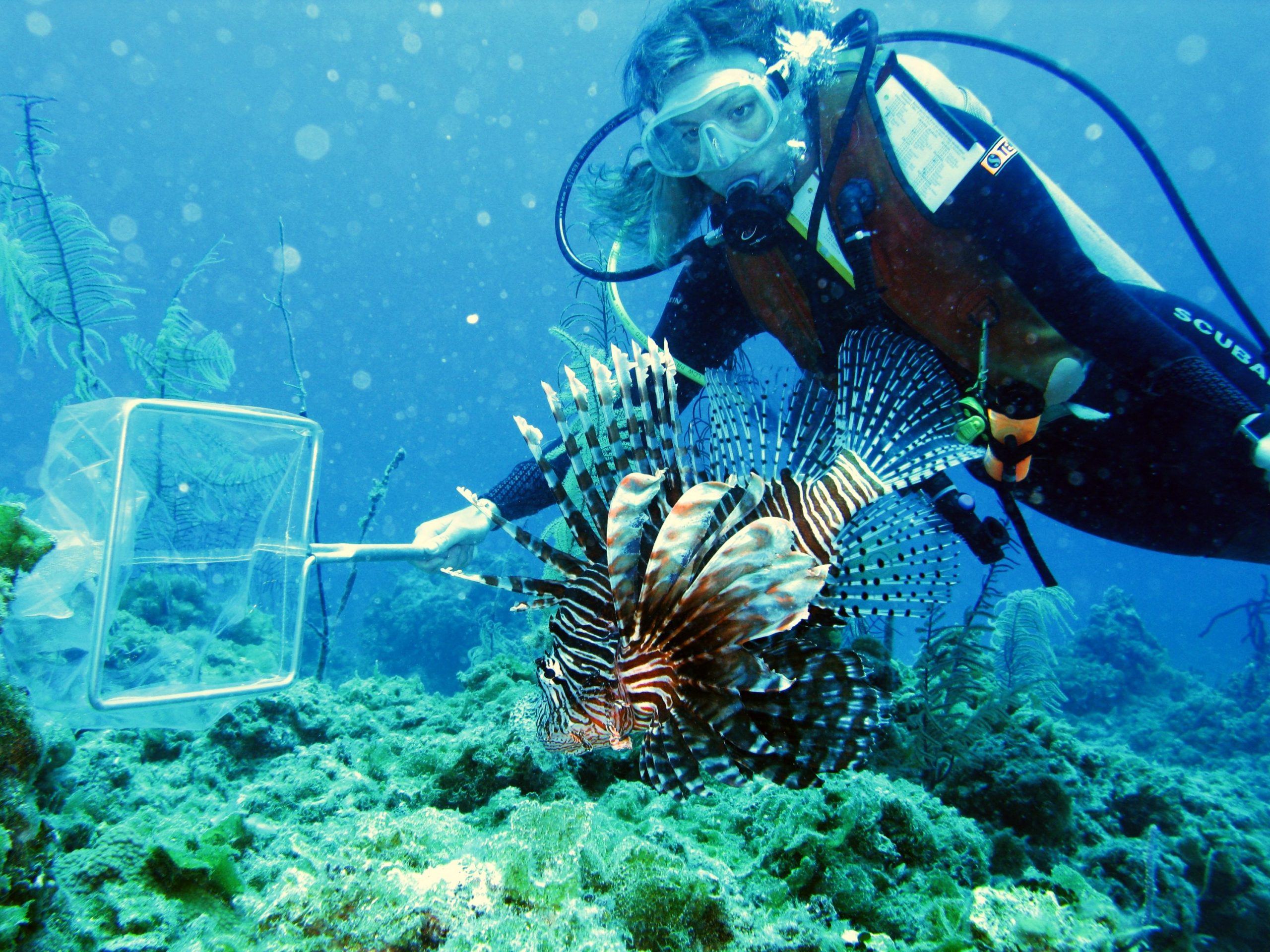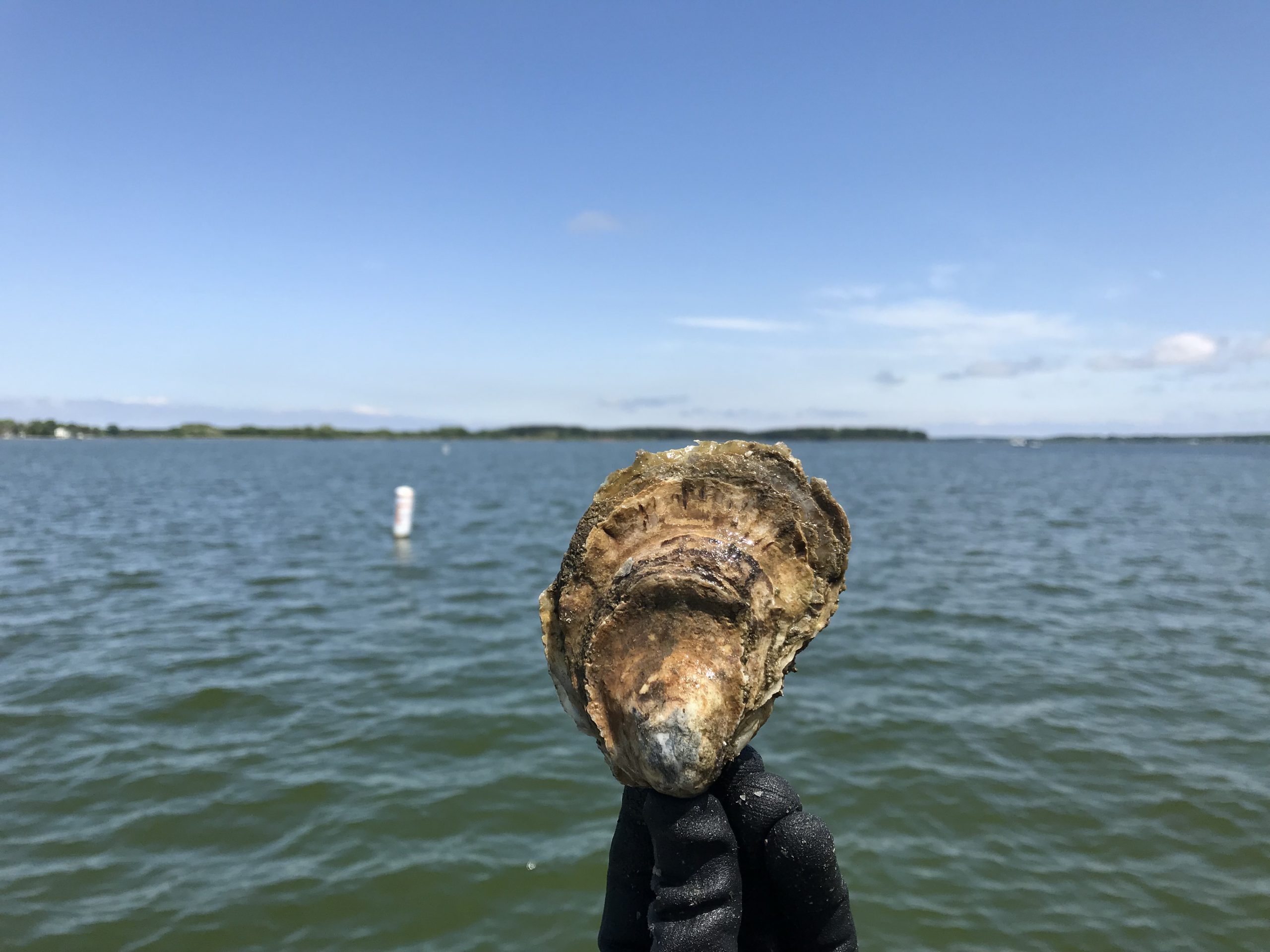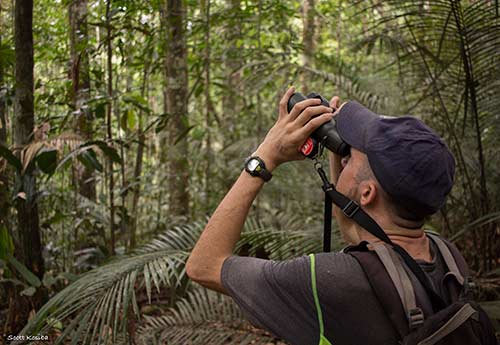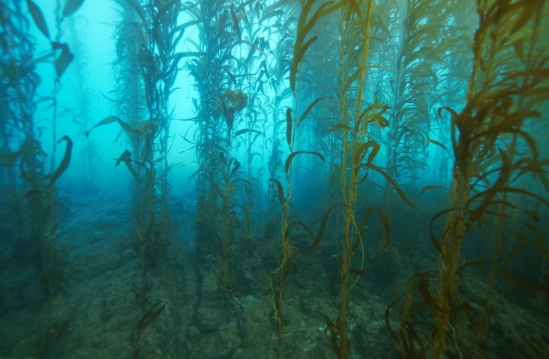
UC Santa Cruz faculty recognized for excellence in ecology
The Ecological Society of America (ESA) recently announced its 2021 ESA Fellow awards, which recognize scientists who have made outstanding contributions to the field, and UC Santa Cruz’s faculty were the most decorated of any university on this year’s list.






